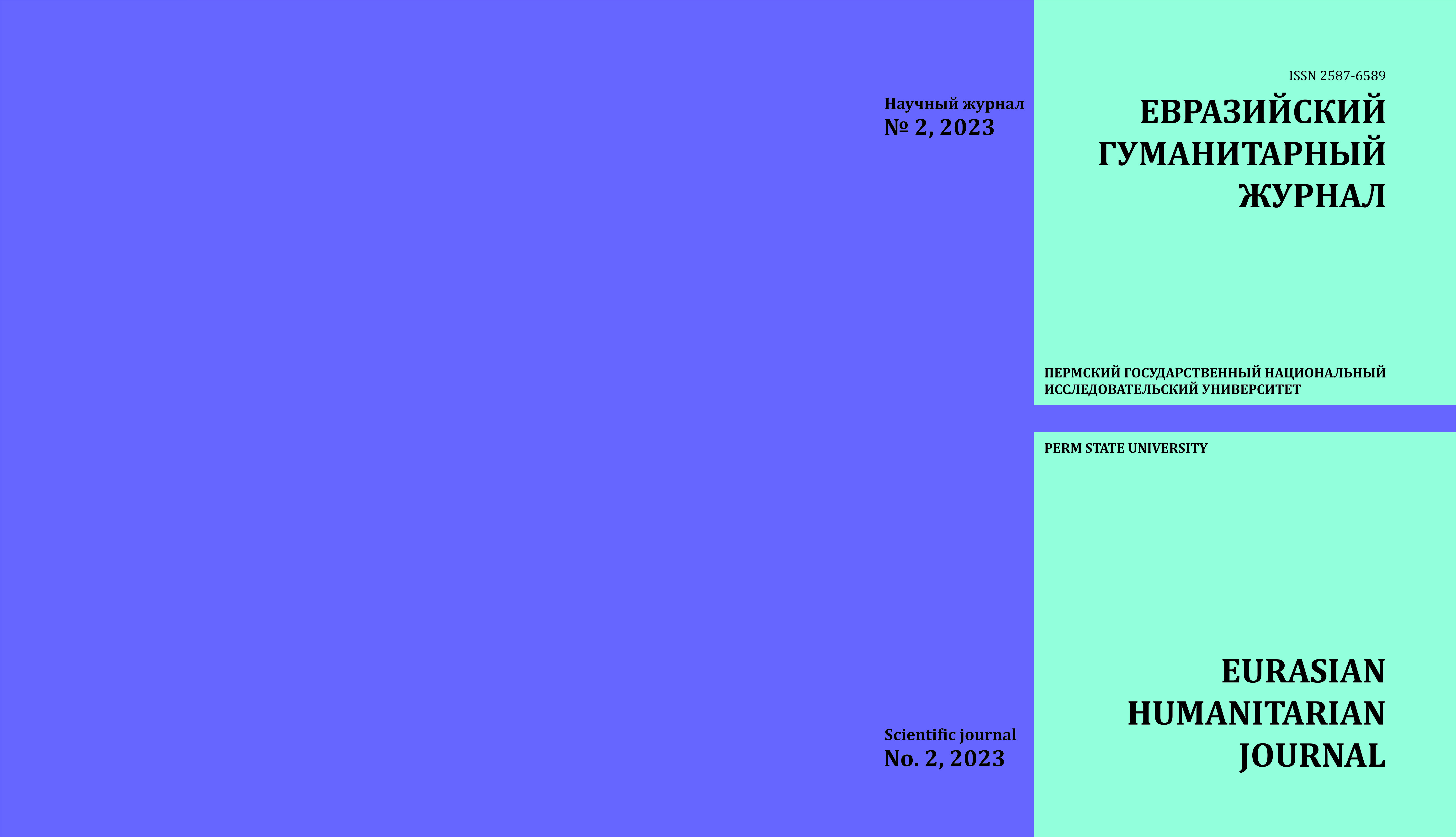POLITICAL THEOLOGY IN THE TEXTS OF M.V. LOMONOSOV, A.S. PUSHKIN AND M.E. SALTYKOV-SHCHEDRIN
Keywords:
political theology, Leviathan, Book of Job, ideological issues, Russian literature, the powerAbstract
In the present work, the literary texts of M.V. Lomonosov, A.S. Pushkin and M.E. Saltykov are considered as statements of a political and theological nature. The concept of “political theology” is interpreted within the framework of the tradition laid down by the texts of Carl Schmitt – as an open problem, in the view from which political phenomena reveal religious implications. The political theology of Lomonosov, Pushkin and Saltykov unfolds in the field of questions that were posed by Thomas Hobbes in the treatise “Leviathan”. Lomonosov's spiritual and panegyric texts construct an absolutist paradigm, in which the condition for good and order is not only the recognition of a political sovereign, but also awe of divine power. Pushkin in The Bronze Horseman refers to the dark, infernal underside of the state order. Saltykov-Shchedrin implements a large complex of motives of political philosophy, creating the image of the Antichrist as the theological basis of political reality. In the works of Russian writers, the power falls upon the willful mind of the subject, saving people from their own folly. The archetypal figure of the sovereign invariably appears in Russian political theology as Peter the Great. Lomonosov, Pushkin and Saltykov actualize the theological aspect in the ideological problems of Leviathan. At the same time, if Lomonosov establishes the interaction of the sovereign as an earthly god with Immortal God, then Pushkin thinks of civil power in conflict with God the Creator, and Saltykov makes the earthly king a representative of Satan. From Lomonosov to Saltykov, not only the infernal nature of the Leviathan-as-state increases, but also the cognitive shortcomings of the subject, which the construction of absolute power is called upon to compensate for. The political theologies of Russian authors are considered in the article not as dynamic moments in the evolution of Russian political thought, but as different variants of the implementation of the political and theological theme, given by the structure of Hobbesian ideological issues.Downloads
Published
2023-06-30
Issue
Section
ЛИТЕРАТУРОВЕДЕНИЕ

